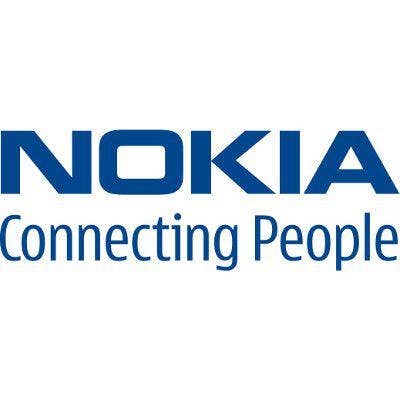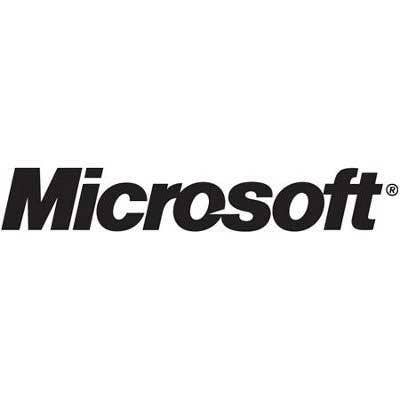Five Companies That Dropped The Ball This Week

RSA Take Heat For Handling Of SecureID Hack
In response to a recent spate of high-profile attacks targeting Lockheed Martin, Northrop Grumman and L3 Communications, RSA this week said it will replace SecureID tokens for specific customers focused on protecting intellectual property and corporate networks and step up security for consumer financial transactions.
RSA partners aren’t happy that RSA waited nearly two months to offer this option to customers, and did so only after high profile companies were attacked. Some say the damage to SecureID has been done and that customers are looking at alternatives. And with knowledge of how to hack SecureID likely spreading through the IT security underground, it's an open question as to whether RSA will ever regain the solid reputation it once held in the industry.

Nokia CTO Takes Leave Of Absence, No Timetable For Return
Remember that "Burning Platform" image Nokia CEO Stephen Elop invoked to describe the situation his company faces in the mobile market? Well, things got a little hotter this week when it emerged that Nokia CTO Richard Green has taken a leave of absence from the company to "attend a personal matter".
There's no word on when Green might return. In the meantime, Henry Tirri, head of Nokia's research center, will be assuming Green's day-to-day CTO duties. These aren't the kinds of developments that quell speculation about a company's future, although Elop this week gamely insisted that Nokia isn't for sale despite, well, a firestorm of rumors to the contrary.

SCOTUS Rules Against Microsoft In $290 Million Word Patent Case
Microsoft fought the case tooth and nail, taking it all the way to the Supreme Court, but the software giant this week lost its legal battle with i4i, a Toronto based patent holding firm, over patented technology in Word.
This case was about much more than the $290 million: Microsoft's argument is that it should be easier to challenge patents in court, and the Supreme Court's decision could have broad ramifications for the protection of patents and intellectual property in the IT industry and beyond.
Microsoft was hit with a $200 million U.S. Court of Appeals judgment in May 2009 pertaining to technology built into Word 2007 and Office 2007 that's used to customize XML code. The court then slapped Microsoft with an additional $90 million in fines after ruling that Microsoft willfully infringed on i4i's patent.

Amazon Cloud Found To Be Hosting Malware
Amazon Web Services (AWS) cloud is host to malware that is used to steal financial data, security researchers from Kaspersky Lab revealed this week. Hackers are also believed to have used Amazon's Elastic Compute Cloud (EC2) cloud service to launch one of the several attacks on Sony's online entertainment network in April and May.
"I believe legitimate cloud services will continue to be used by criminals for different kinds of cyber-attacks," Kaspersky Lab Expert Dmitry Bestuzhev wrote in a blog post announcing his discovery. "Cloud providers should start thinking about better monitoring systems and expanding security teams in order to cut down on malware attacks enabled and launched from their cloud."
Cloud security tops the list of concerns for CIOs, and this development is certain to spark further industry trepidation.

Facebook Freaks Users Out Again With Facial Recognition Feature
Facebook has brought an immeasurable amount of social networking joy to users across the globe, but the company has also shown a disturbing tendency to enact new features and privacy policy changes without informing users. So it was this week when Facebook enabled a new facial recognition technology that makes it easier for friends to tag other friends' photos.
Facebook had previously told users about the feature but hasn't given them the ability to shut it off. What's really annoying about facial recognition is that someone could tag you in a really dumb looking photo and you’d have no idea -- at least until discovering that none of your friends can maintain a straight face while talking to you.
"The tagging is still done by your friends, not by Facebook, but rather creepily Facebook is now pushing your friends to go ahead and tag you," Graham Cluley, senior technology consultant at Sophos, said in a blog post this week on the subject of Facebook facial recognition.